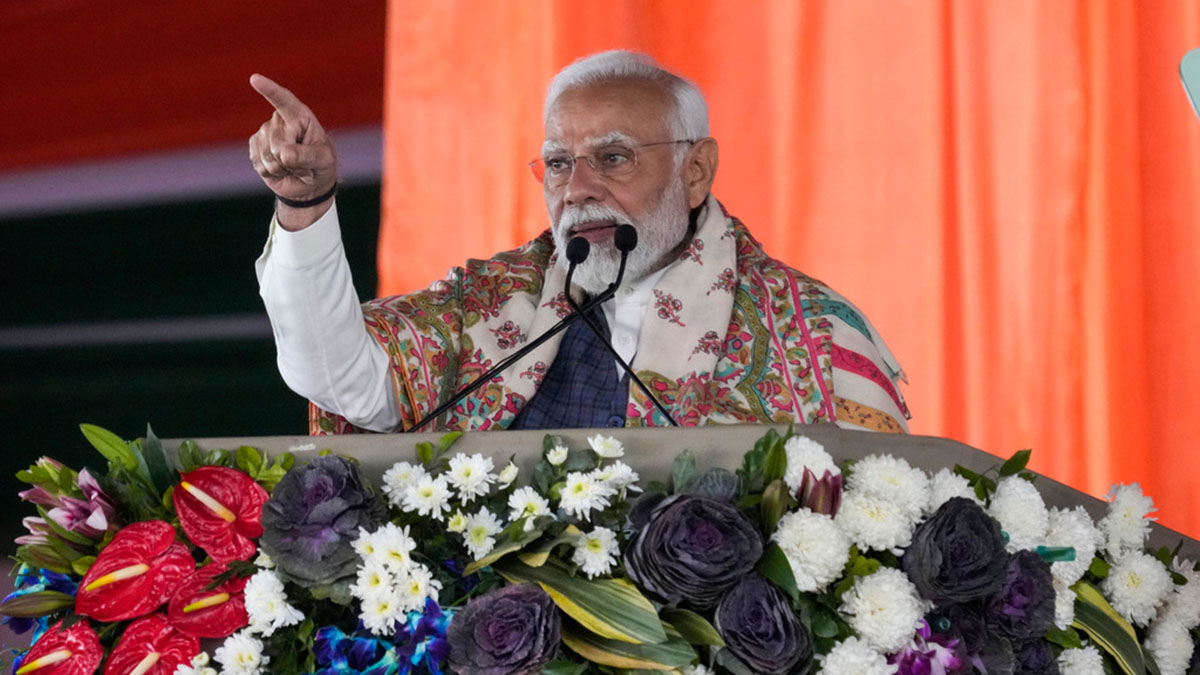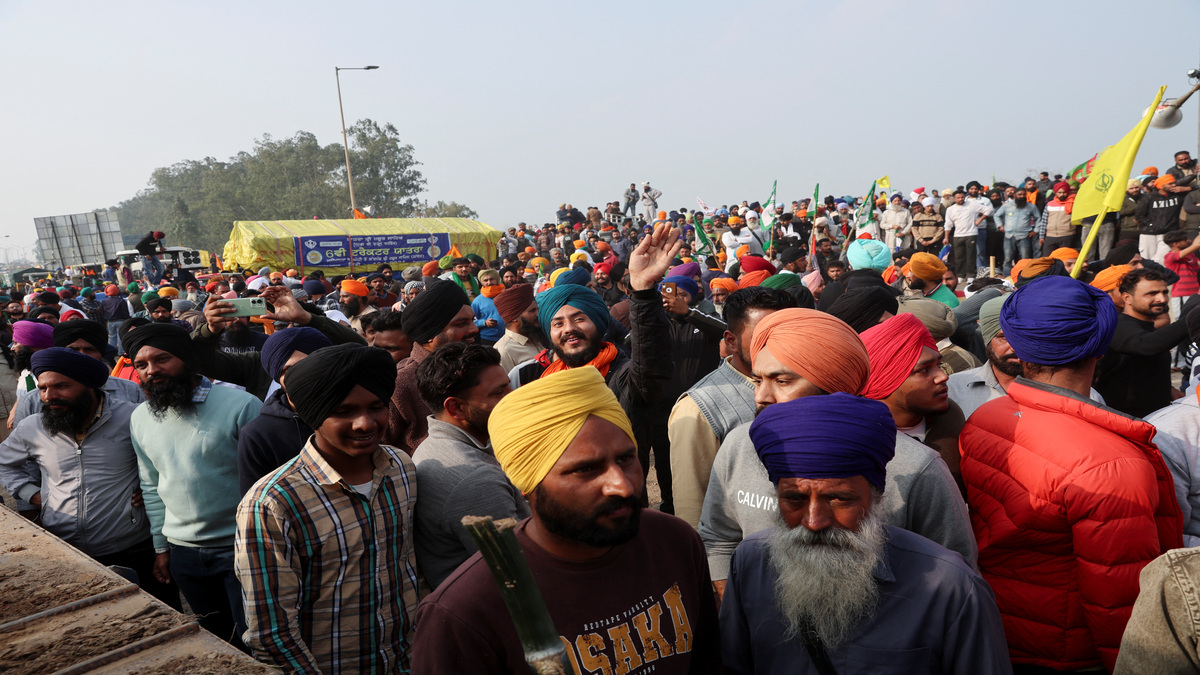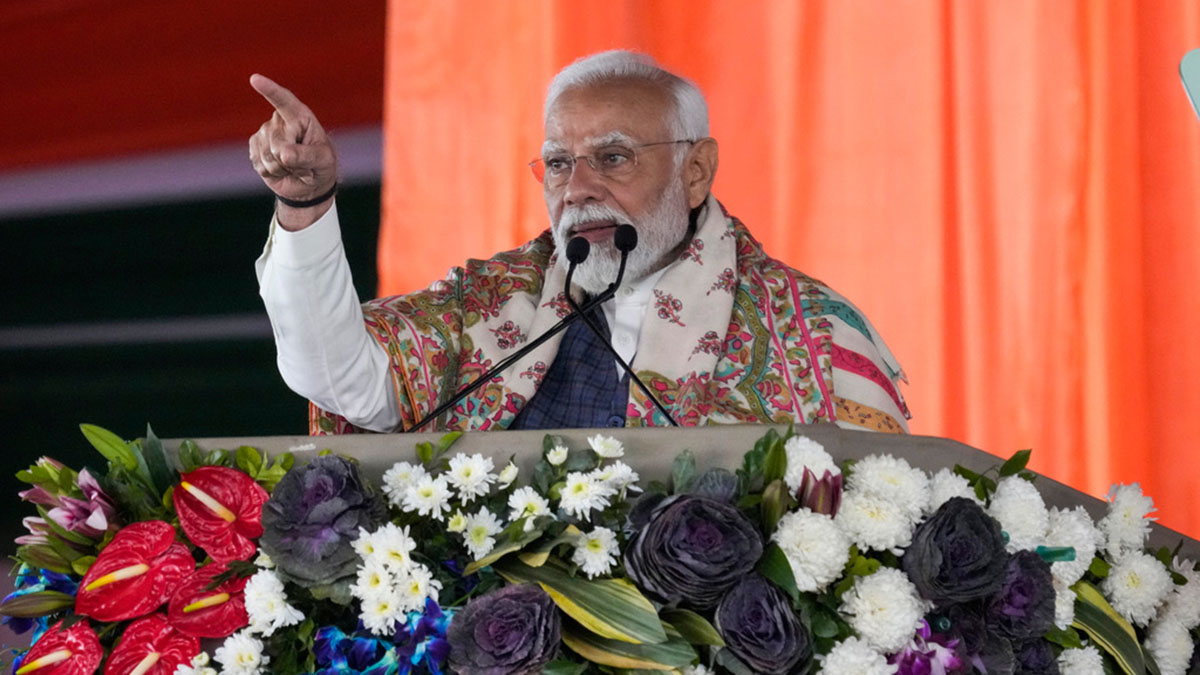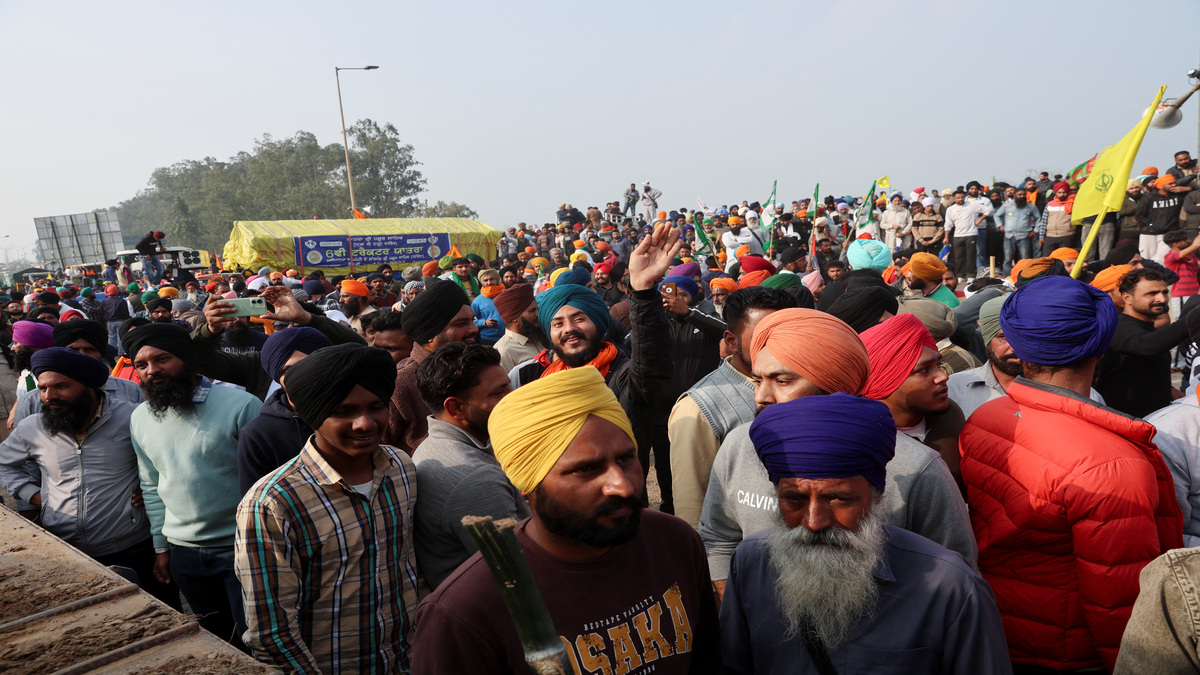Arun Shourie claims BR Ambedkar was a false god, that he did not participate in the freedom struggle. The Dalit leader himself did not have a very high opinion of the Hindu Mahasabha or the Sangh; he ruled out any alliance with the two, calling them reactionary. And, to complicate matters from the Hindutva point of view, Ambedkar renounced Hinduism and converted to Buddhism — in Nagpur, the seat of the Saffron Parivar — and claimed he had left hell.
Ambedkar’s views on beef eating, the latest target of the BJP government in Maharashtra, are well-known. He believed that killing cows and eating them was a common practice among Vedic Hindus and there is plenty of evidence to support this in the Rig Vedas. “… the testimony of the Satapatha Brahmana and the Apastamba Dharma Sutra in so far as it supports the view that Hindus were against cow-killing and beef-eating, are merely exhortations against the excesses of cow-killing and not prohibitions against cow-killing. Indeed the exhortations prove that cow-killing and eating of beef had become a common practice. And that, notwithstanding these exhortations, cow-killing and beef-eating continued,” Ambedkar wrote .
Why, then, have the BJP and the RSS suddenly become fond of Ambedkar, who seemingly opposed everything the Hindutva brigade stands for? Why is it suddenly comparing his world-vision with Hindutva poster boys like Vinayak Damodar Savarkar and MS Golwalkar and trying to brand him as a ‘nationalist’ of the saffron creed?
One of the obvious reasons is its attempt to transform into a party of Dalits instead of what Mayawati and Kanshiram derisively called a patron of Tilak (Brahmins), Tarazu (Bania) and Talwar (Kshatriyas). The BJP knows that elections in Bihar and UP are around the corner and the nearly 22 percent Dalit vote here could be the decisive factor.
Since her party was blanked in the Lok Sabha elections — it failed to open its account — Mayawati’s BSP has been struggling to hold on to its Dalit vote. There is a vacuum in Dalit leadership with the decline of Mayawati and the BJP is trying its best to hardsell itself now as a champion of Dalits and a bhakt of Babasahab.
BJP, which has all the 17 Lok Sabha seats reserved for Scheduled Castes in the state in its kitty, sent out a loud and clear message by fielding Laxman Acharya, a Dalit, as its first candidate in the recent Legislative Council election and recently brought former DGP Brij Lal in the party fold to bolster its Dalit image. The party is in touch with several BSP leaders, who are feeling isolated or been expelled from the party in the recent past, a senior BJP leader said on condition of anonymity .
In many other north Indian states, the BSP is in terminal decline; its vote bank is disintegrating. In Delhi, for instance, Mayawati’s party had won two seats in 2008 with a vote share of around 14 percent. But in 2015 it was wiped out, its share falling to just around a percent. So, the BJP has its eyes on this volatile Dalit vote. And it is repositioning itself from the ‘Manuwadi party’ it once was — and one of the worthy recipients of BSP’s ‘inko maaro joote char’ slogan — to the champion of Dalits.
Another important development that the BJP has factored in is the friction between Dalits and Muslims, which led to several incidents of communal tension in western UP. In 2014, there were several clashes between Dalits and Muslims, which broke the political alliance and peace between the two communities. The BJP, which successfully polarised the Jats against Muslims before the Lok Sabha elections, is now banking on a deeper divide between Dalits and Muslims.
So, it is busy rebranding Ambedkar as a nationalist who wanted to reform Hinduism and was against Muslims. But this, as Firstpost pointed out, is a lie.
In fact, as Shourie points out in his controversial book on Ambedkar, the Dalit leader was not averse to sharing stage with Muslims for political gains.
In 1939, the Muslim League members resigned from their assembly seats in view of the British government’s refusal to state what it intended to do about Indian Independence after the War. Shourie writes: “Jinnah announced that the Muslim League would celebrate the resignations as ‘Deliverance Day.’ Guess who was at his side in these ‘celebrations’ addressing meetings from the same platforms? Ambedkar, of course.
Nationalist leaders were neither surprised that Ambedkar was on the platforms with Jinnah, nor had they any doubts about the inspiration behind these celebrations.
The ‘Day of Deliverance’ was evidently calculated to make the world and particularly the British public believe that India was not united and that Hindus and Muslims were against each other. But when several sections of Muslims were found to oppose the ‘Day of Deliverance’, the proposed anti-Hindu demonstrations were converted into a Jinnah-Ambedkar-Byramji protest against the Congress ministries and the Congress high command…"
Finally, it would be interesting to hear what the RSS and the BJP have to say about Ambedkar’s decision to become a Buddhist: “The movement to leave the Hindu religion was taken in hand by us in 1955, when a resolution was made in Yeola. ‘Even though I was born in the Hindu religion, I will not die in the Hindu religion’ — this oath I made earlier; yesterday I proved it true. I am happy; I am ecstatic! I have left hell — this is how I feel.” (Ambedkar’s speech a day after converting).
Obviously, the BJP has no qualms in claiming as its own a leader whose ideas and beliefs were in stark contrast to its slogans.


)




)
)
)
)
)
)
)
)